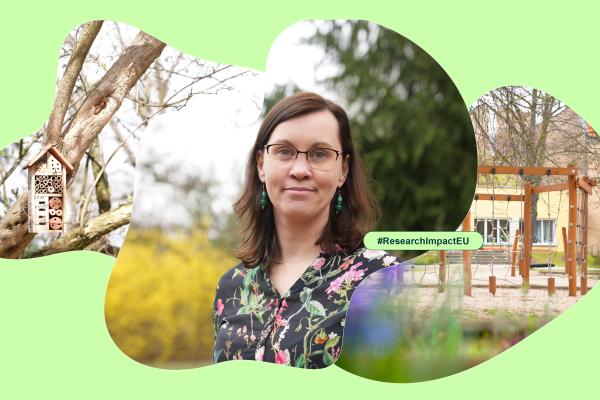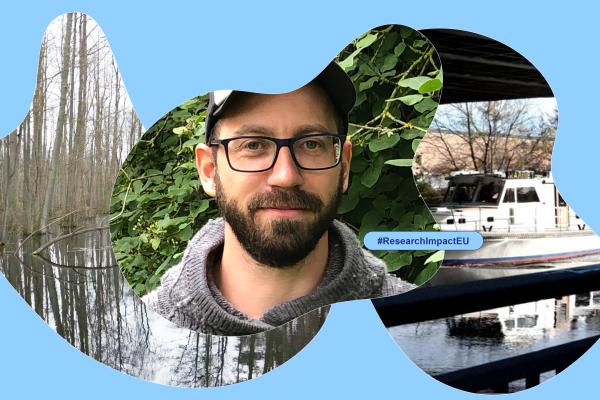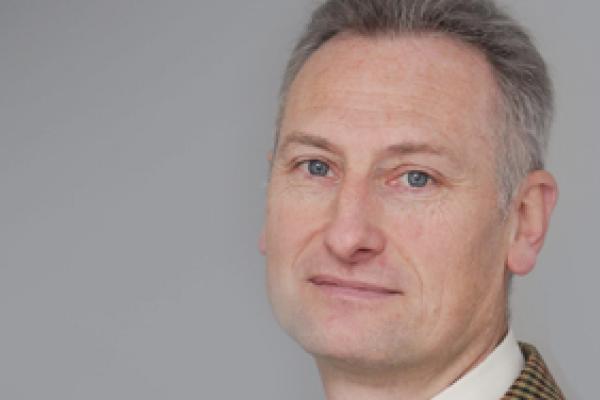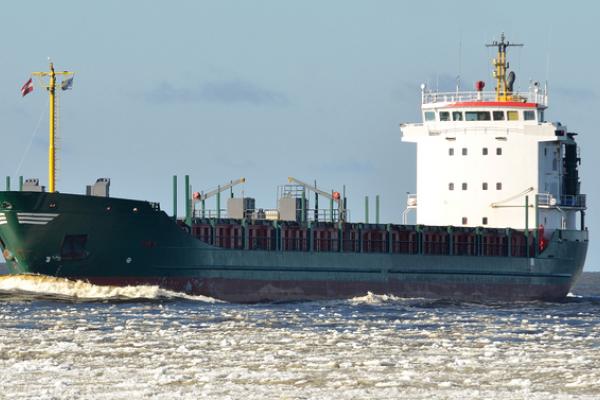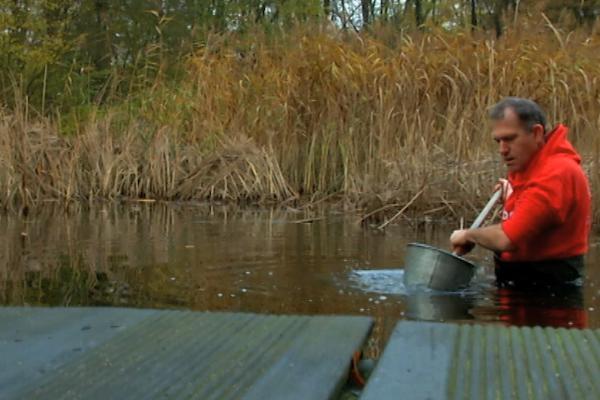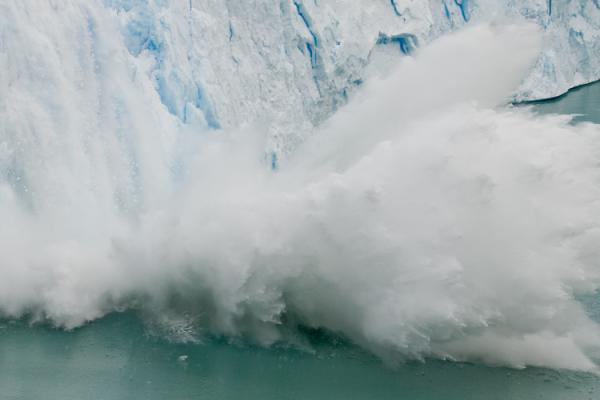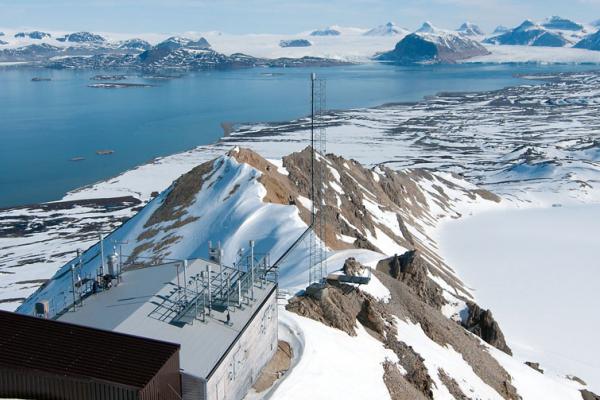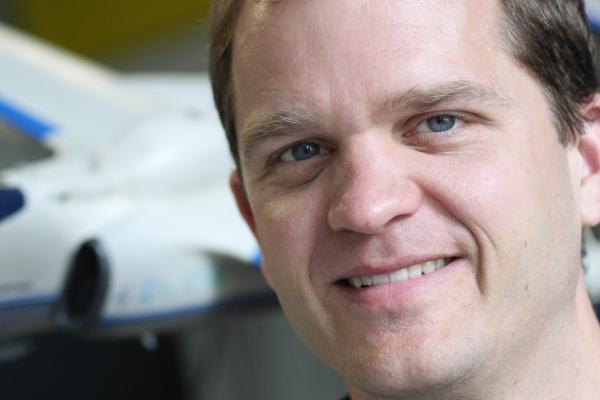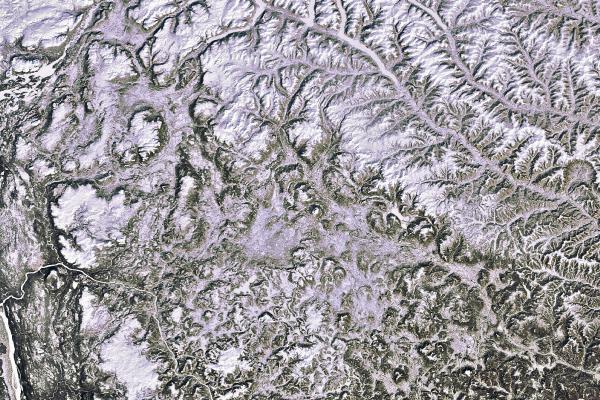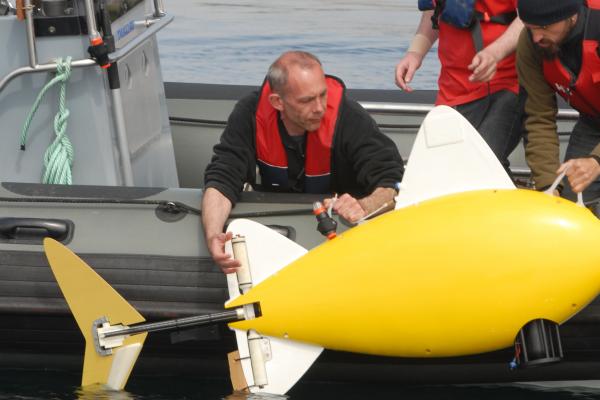As the northern route opens, the melting ice will have a significant impact on the transportation of goods around the world, and the consequences are manifold, said Didier Schmitt, a scientific…
The Nordic Orion became the first cargo ship to take the treacherous Northwest Passage from the Pacific Ocean to Europe last year, and now its Danish operators are planning more trips…
Professor Mike Jetten of Radboud University believes he can help tackle global warming by uncovering bacteria that consume methane before it reaches the environment.
If no new policy measures are adopted to combat global warming, the cost of climate change in Europe could reach almost 4 % of the gross domestic product (GDP) of the European Union by the end of the…
The big freeze in the US was part of an Arctic weather system that is being displaced more and more frequently because of global warming, European researchers believe. As it re-centres itself over…
From Europe and Asia, 14 countries – encompassing a total of 26 institutions – have come together to set up an Arctic observatory that will combine data from the sea, the atmosphere and the ground to…
Dr Marc von Hobe, from the German Forschungszentrum Jülich GmbH research centre, is coordinator of the EU-funded RECONCILE project. The project contributed to the first detection in 2011 of a hole in…
The frozen ground that covers a sixth of the planet is thawing due to climate change, releasing trapped carbon and the DNA of long-forgotten diseases.
Teams of robotic fish are drawing on the intelligence of swarms of social insects and other organisms in new ways to help protect the environment.
Scientists have developed a covering for buildings that keeps them cool by reflecting the sun's rays, potentially saving huge amounts of energy for European households.


